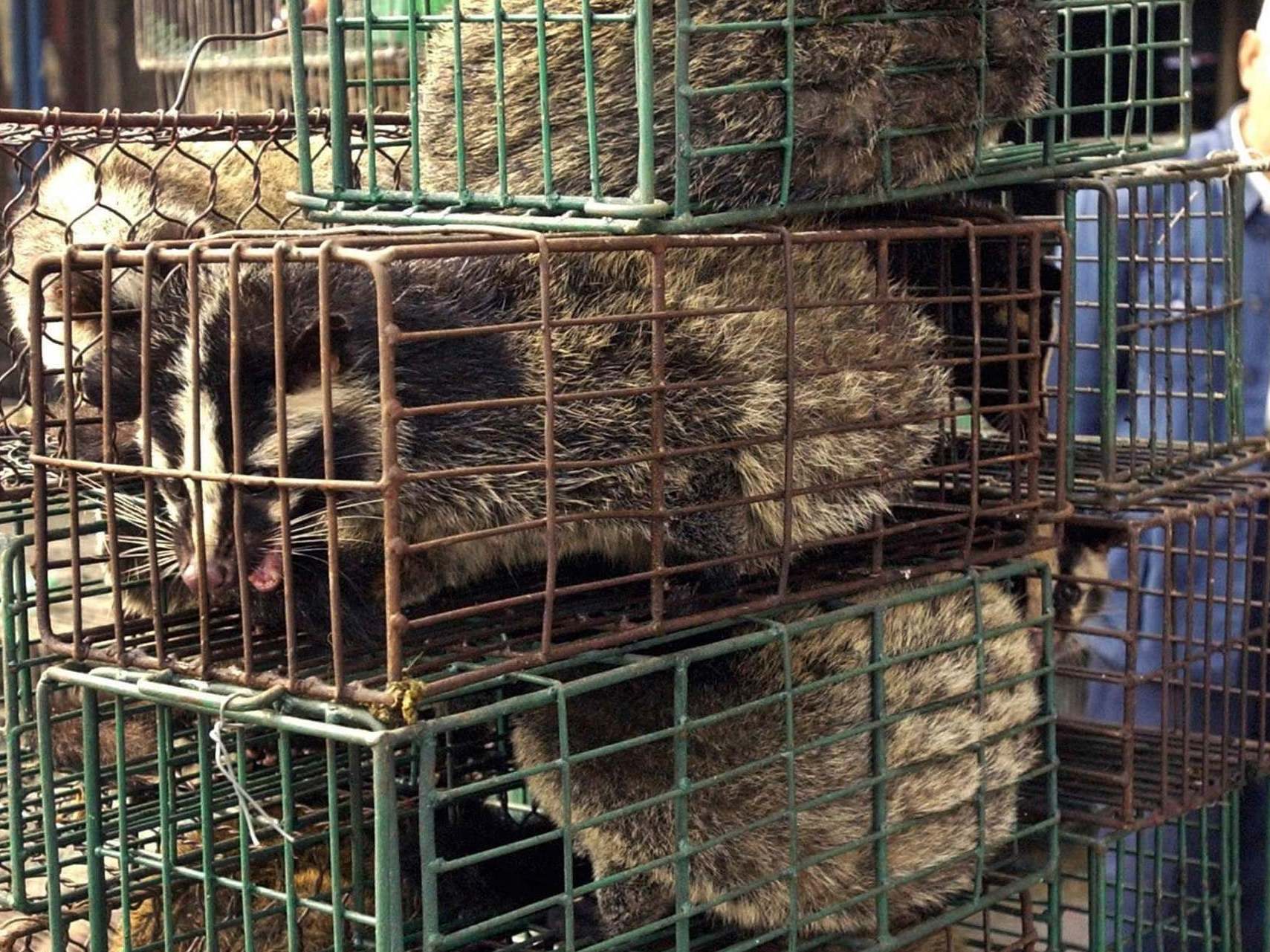This website uses cookies so that we can provide you with the best user experience possible. Cookie information is stored in your browser and performs functions such as recognising you when you return to our website and helping our team to understand which sections of the website you find most interesting and useful.

The Independent today calls for an international effort in creating tighter restrictions on wildlife markets and the trade of wild animals to reduce our risk of future pandemics.
The link between wildlife markets and threats to human health has been proven and, as we are witnessing with the coronavirus pandemic, can cause acute suffering around the world. To date, more than 1.5 million have been infected with the disease and the death toll has now passed 100,000.
The outbreak is believed to have originated at a “wet” market in Wuhan, China, where exotic animals were sold, and made the jump to humans from animals kept in close proximity.
This is a global issue: a study last year found that one in every five vertebrate species are traded as pets or to be used as products in countries around the world, putting nearly 9,000 species at risk of extinction.
Along with the United Nations biological diversity chief, Elizabeth Maruma Mrema, and renowned conservationist and UN “messenger of peace”, Dr Jane Goodall DBE, The Independent’s campaign asks that governments work together to impose stricter controls on the trade, sale and consumption of wild animals.
Dr Goodall told The Independent: “Animals, like us, are sentient. They can feel fear and despair. They have personalities and are amazingly intelligent.
“We need to respect the natural world. We can’t go on and on taking natural resources for economic development on a planet with finite natural resources.
“If we go on treating animals the way we are that is going to hit back on us, as it has.”
Writing for The Independent, Ms Mrema said: “Global wildlife trade and live animal markets, where live fish, meat and wild animals are sold, are important risk factors for zoonotic disease spillover. Accordingly, measures taken by countries to reduce the number of live animals in food markets can significantly reduce the risk of disease outbreaks. Stricter controls on the sale and consumption of wild species, and implementation of the International Health Regulations, must also be scaled up globally.”
Some 241 conservation and animal welfare groups have asked leaders of the World Health Organisation to take action on “a permanent global ban on wildlife markets and a highly precautionary approach to wildlife trade”.
We have been here before: previous zoonotic diseases, those transmitted from animals to humans, have been linked to wildlife including HIV, Ebola, Sars, Mers and Zika.
During the 2003 Sars outbreak, China killed tens of thousands of civets, the animal where the virus was suspected to have originated, and implemented wildlife bans. But those restrictions were short-lived and in subsequent years, the wildlife trade bounced back.
China issued a permanent ban on wildlife trade in February. This week a group of bipartisan US lawmakers warned that the ban has loopholes – for trade in wild animals for medicine and research – and must be tightened.
Zoonotic diseases are responsible for 2.5 billion cases of human illness and 2.7 million deaths each year around the world.
In The Independent last month, environmentalists warned that coronavirus will not be the last pandemic to wreak havoc on humanity if we continue to ignore links between infectious diseases and destruction of the natural world.
Tackling wildlife markets and the trade of wild animals is a daunting, complex task that requires international coordination but if ignored, poses grave risk to us all.



 Africana55 Radio
Africana55 Radio 

